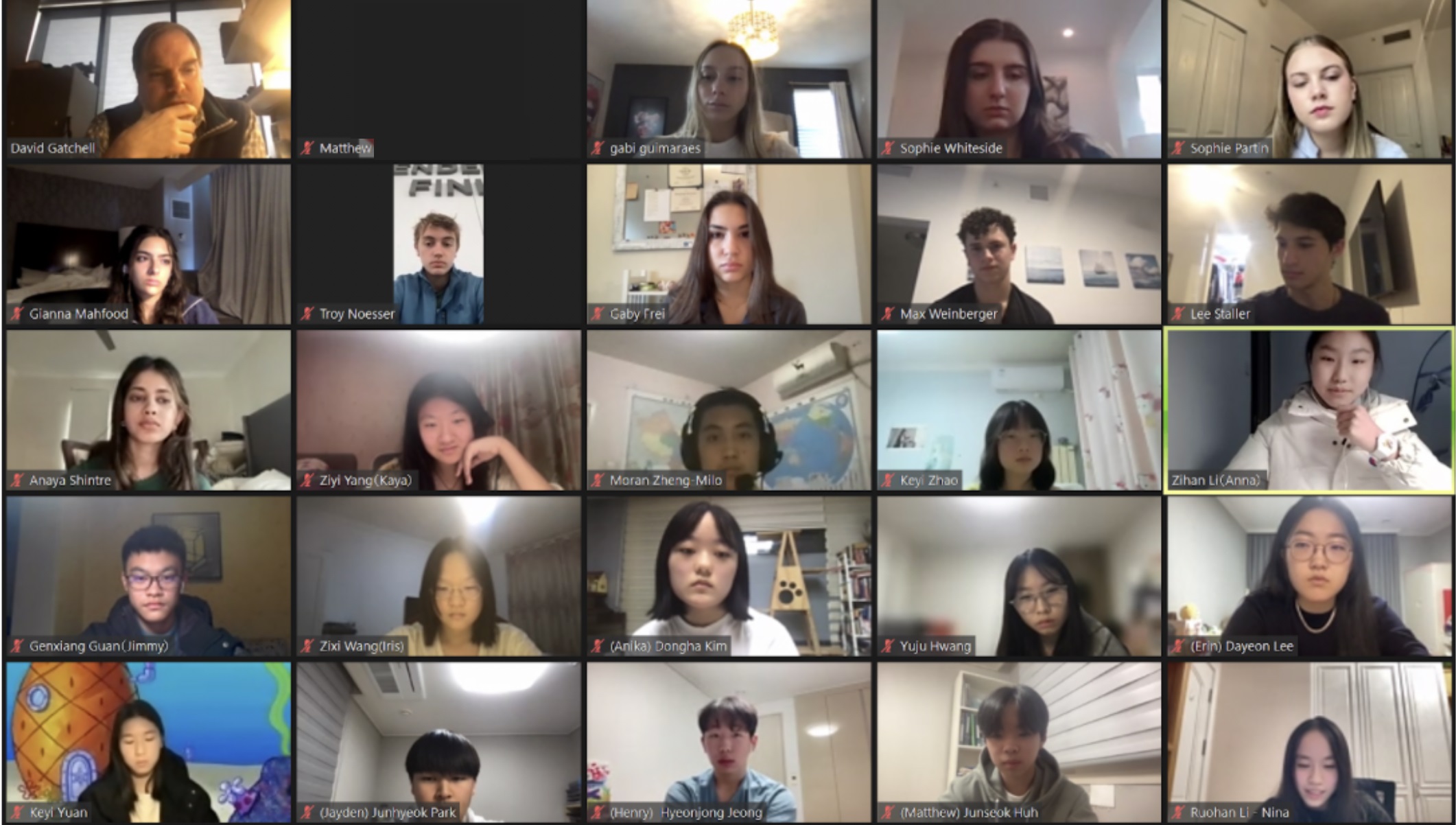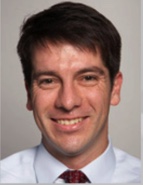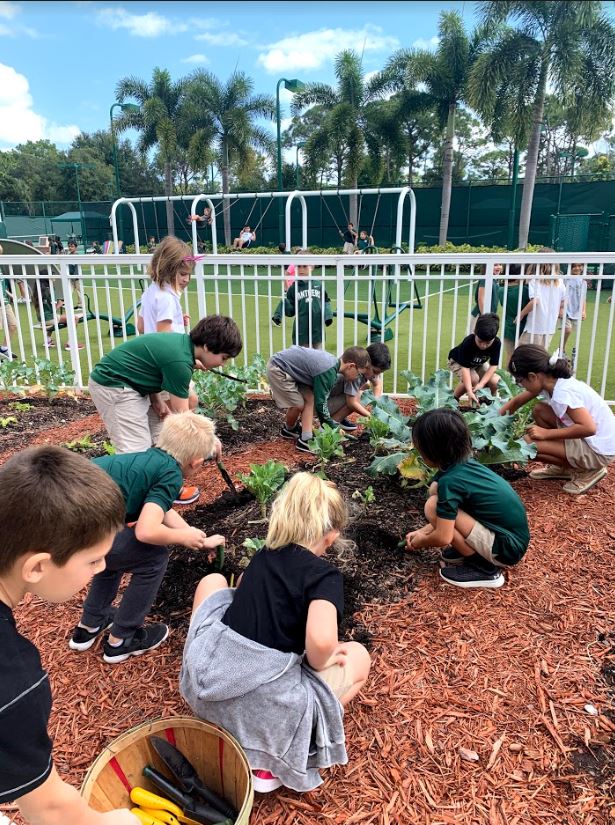At Pine Crest School, academics or advanced technology don't solely define future readiness. It’s also built through something deeper: character. For Dr. Krista Promnitz ’97, Executive Director of Educational Support Services, character development is one of the most powerful future skills a student can gain.
Empowering the Future Through Character and Care
Topics: Student Life, Faculty, Social and Emotional Learning, Future Ready, 2025, Student Success
Pine Crest Upper School Students Participate in Global Problem-Solving Institute Pilot Program
By: Elani Kodner ’24
Fifteen (15) members from Pine Crest Upper School’s second-year social entrepreneurship program were invited to participate in the Global Problem-Solving Institute (GPSI) pilot program. The GPSI is a virtual innovation laboratory where high school students from across the globe collaborate to solve some of the world’s most challenging and complex problems.
The pilot program was offered to three schools from the United States and one each from South Korea, Japan, Turkey, India, and Kazakhstan. Students had the opportunity to work on solutions for one of two societal issues: Disabling Non-Communicable Diseases or Food Fixes and the Climate Crisis. During the 12-week program, students gained knowledge in existing subject areas by exploring methodologies of environmental science, economics, and the psychology of persuasion to analyze the problems and formulate solutions. Students worked individually and collaboratively with peer schools and university professors worldwide using the design thinking methodology.
“Working with an international cohort of the GPSI has exposed us all to perspectives from diverse cultures,” said Troy Noesser ’24. “Having the opportunity to study disease prevalence and mitigation with international students allowed us to explore ideas and solutions that fit within a global context.”
Students in the Disabling Disease track worked with Dr. David Gatchel, Clinical Professor of Biomedical Engineering and Mechanical Engineering. Dr. Gatchel also serves as Director of the Manufacturing and Design Engineering (MaDE) program at Segal Design Institute, inside the McCormick School of Engineering at Northwestern University. Under his guidance, students mapped the biological, cultural, and behavioral factors contributing to the prevalence of noncommunicable and chronic diseases like cardiovascular illness, cancer, chronic respiratory pathophysiology, and diabetes. Students spent 12 weeks utilizing design thinking principles to develop a deeper understanding of core concepts in medical anthropology, psychology, neuroscience, and biomedical engineering to generate proposals to reduce the incidence of preventable diseases.
“Working within an international cohort pushed me to view global issues through a cross-cultural lens,” said Gabrielle Frei ’24. “Through the sessions, we researched medical recommendations from around the world to create a curriculum that educates young students about the dangers of antibiotic resistance. We encompassed various biases from different cultural and psychological frameworks in order to address global perspectives regarding the use of antibiotics.”
Students on the Food and Climate track worked alongside Dr. Leshui He, Associate Professor of Economics at Bates College. Together, they worked to map the food supply system and identify critical factors contributing to the problem. Their goal was to look at ways to alter consumption habits, reduce waste, and improve equitable access to food in an environmentally sustainable way.
They presented their research to industry leaders within the fields of economics, political science, and environmental science.
“I was able to deepen my understanding of climate change by analyzing the intersection between long-term shifts in temperature and weather patterns and food waste,” said Gimani Rose ’24. “Using an entrepreneurial mindset allowed me to better understand all stakeholder needs to propose innovative solutions to the problem of food waste.”
Although the pilot has ended, students can continue their research with professors and the global cohort. Several of them have visited Dr. Gatchell at Northwestern to learn more about biomechanical engineering and his innovation lab. The incoming juniors will begin a new program cohort in January 2024, including students from Ethiopia, Zimbabwe, and El Salvador.
Topics: Upper School, Design Thinking, Academics, Student Leadership, Entrepreneurship, Future Ready, 2023
Transforming Tomorrow: Pine Crest Moves Forward with Strategic Renovation and Construction Projects
In 2019, Pine Crest faculty, staff, and administrators created and finalized the School’s strategic plan to be executed over the course of the following five years under the leadership of President Dr. Dana Markham ’18H.
Topics: Innovation, Student Life, Fine Arts, Middle School, Academics, Robotics, Giving, Pine Crest Fund, Computer Science, STEM, Future Ready, 2022
Pine Crest Alumnus and Infectious Disease Specialist in the Race to Discover Therapeutics for COVID-19
In January 2020, Dr. Daniel Caplivski ’90 and his colleagues at Mount Sinai Medical Center began looking into cases of an unknown coronavirus spreading in China and Europe. Though they had not yet seen a case in New York City, they knew the hospital and city needed to prepare. Very quick action was needed, particularly converting all the hospital rooms within one week to accommodate the overnight hospitalization that local patients with the virus would inevitably require.
Topics: Alumni, Future Ready, 2020, COVID-19
Pine Crest Crestian Students and Alumni Receive CSPA Gold Circle Awards
The Columbia Scholastic Press Association (CSPA) announced the winners from its 37th Gold Circle Awards program recently. This year, the awards attracted 5,757 yearbook and digital media entries submitted in 91 categories.
Topics: Upper School, Student Life, Future Ready
Pine Crest School is Recognized as a 2021 Green School of Excellence
For the ninth consecutive year, Pine Crest School's Boca Raton campus has been recognized by the Green Schools Recognition Program (GSRP) as a Green School of Excellence.
This exciting achievement comes as a result of a collaborative effort of faculty, staff, students, and administrators to develop leadership and provide a nurturing learning community that prepares students to meet the global challenges of the future.
Topics: Innovation, Future Ready


_Page_1.jpg)

_Page_1.jpg)
